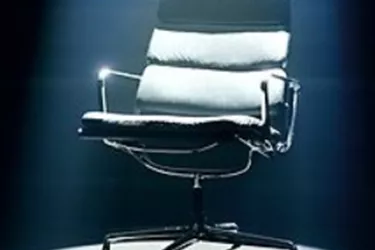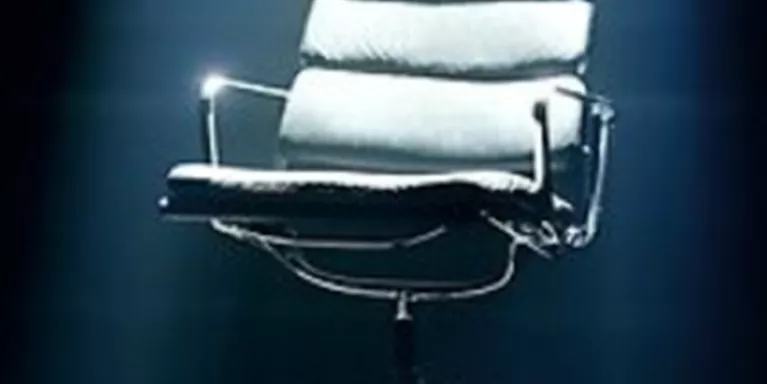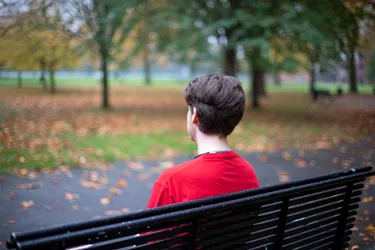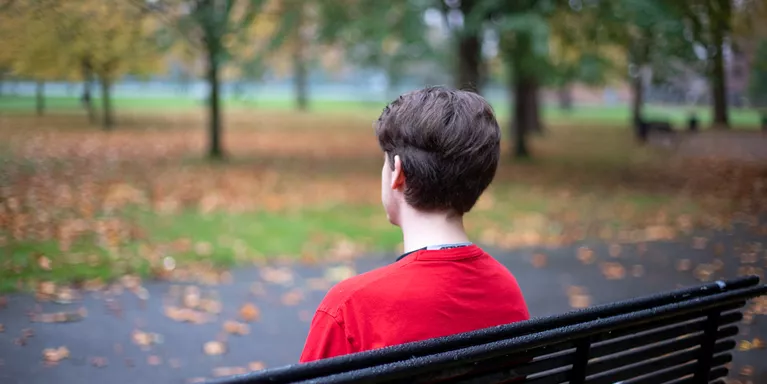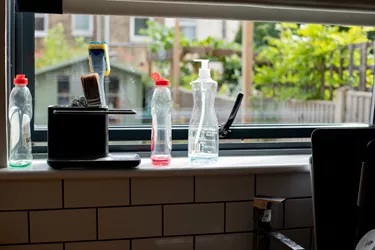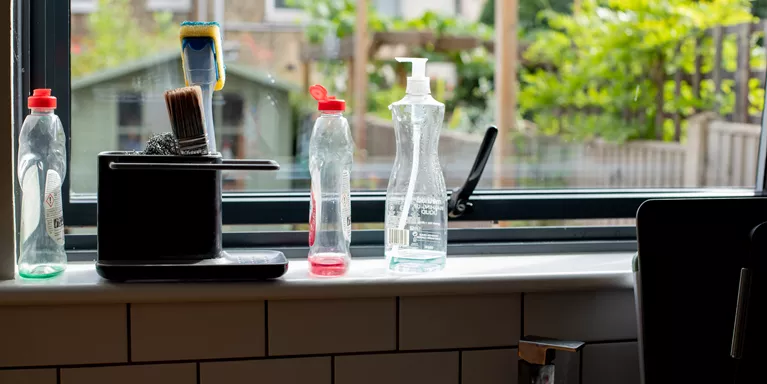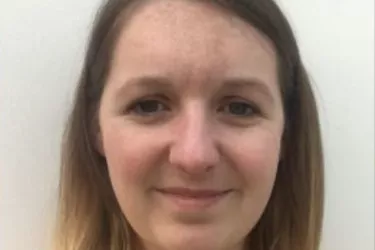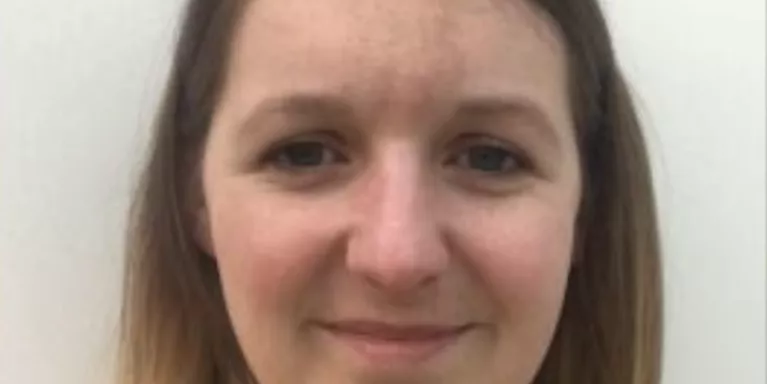My OCD: A Monster in My Mind
Foyez blogs about his experience with OCD and being interviewed for BBC’s Horizon special OCD: A Monster in my Mind
Obsessive-compulsive disorder has had a profound impact on my life, muffling my school grades, discontinuing my social life and even forcing me to drop out of university. So it wouldn’t surprise you to know, hearing throwaway comments like “I’m so OCD” really frustrates me.
"OCD is so much more than being fussy over tidying or lining things up symmetrically."
It’s a debilitating illness! So, when I was asked to be interviewed for an episode of Horizon aimed at counteracting the trivialisation of OCD through scientific basis, I jumped at the chance.
One of the ways in which my OCD manifests itself is through the fear of being contaminated by germs, where actions such as touching an item belonging to someone else, would lead to obsessive thoughts of myself coming to harm.
"Such was the distress caused I would spend hours bowing to my compulsions of ritualised washing in the bathroom."
So strong was the fear, for a period of time I confined myself within the four walls of my room to avoid any contact with the outside world. And such was the fear of being stigmatised and the trivialisation of OCD it led me to hide my debilitating illness.
After years of suffering in secret, it was only when I was at my lowest, having just dropped out of university, did I seek help. Since then, having had a course of Cognitive Behavioral Therapy involving Exposure Response Prevention, I’ve managed to move on with my life.
"Before treatment, attending an interview like this would have been a real challenge."
In fact, I don’t think I would’ve made it to the quaint studio, as the idea of using public transport “rife with the perils of contamination”, would have been too much for me. However, I made it fine and arriving at the station I felt like a celebrity, having been greeted with a taxi, with my name on a board, to transport me to the studio where filming was taking place.
At the studio, the lovely Sam and Emma were there to greet me keeping me distracted by engaging me in pleasant conversation until it was my turn to be interviewed. Once it was my turn, Claudia, who had reassured me about the process over the phone and Peter the director explained to me what was going to happen. Whilst this was happening, one of the crew was fitting me with a microphone.
"A few years ago, even the thought of another human being touching me would have severely distressed me."
Even if I had gone through the interview, I would have been distracted by the thought of needing to wash urgently – a distraction that I faced when in classes at school and in university lectures.
The set had an old industrial vibe and was filled with an array of chairs and retro objects. I was asked to walk around the room interacting with the objects before being asked to pick a chair to sit in. This was once my greatest fear, having to touch objects with no prior knowledge of where they have previously been; I would’ve walked straight out of the room! However, having undertaken Exposure Response Prevention, having previously faced my fears & not performing my compulsions and having realised that I did not come to any harm - I felt comfortable interacting with the objects.
The chair I picked was a leather armchair that I could sink into. It was quite low so it made it difficult for Peter, who was interviewing me. He found a solution by pulling up a child’s chair, used in primary schools, opposite to me. It amused me to see such a tall man sit in a chair made for tiny children, but it was another great example of how the team put me at ease.
I’ve spoken openly about my OCD before to people who are close to me and to people who are complete strangers, but doing it in front of a camera was surreal. It felt like an out of body experience and I was so aware of what I was saying, how I was saying it and my body language that it made me feel extremely self-conscious, but that feeling never came close to the anxieties that I had faced when my OCD was at its worst.
"After the interview, I felt drained having invoked, what are still raw, emotions."
The day showed me how far I had come over the last 10 years. It was something I could enjoy, having been in the dire situation of not being able to leave my room.
"Hopefully the programme will make you think twice before you use throwaway comments like “I’m so OCD”.
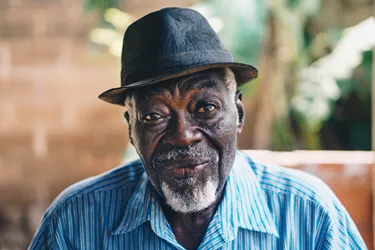

Information and support
When you’re living with a mental health problem, or supporting someone who is, having access to the right information - about a condition, treatment options, or practical issues - is vital. Visit our information pages to find out more.
Share your story with others
Blogs and stories can show that people with mental health problems are cared about, understood and listened to. We can use it to challenge the status quo and change attitudes.










